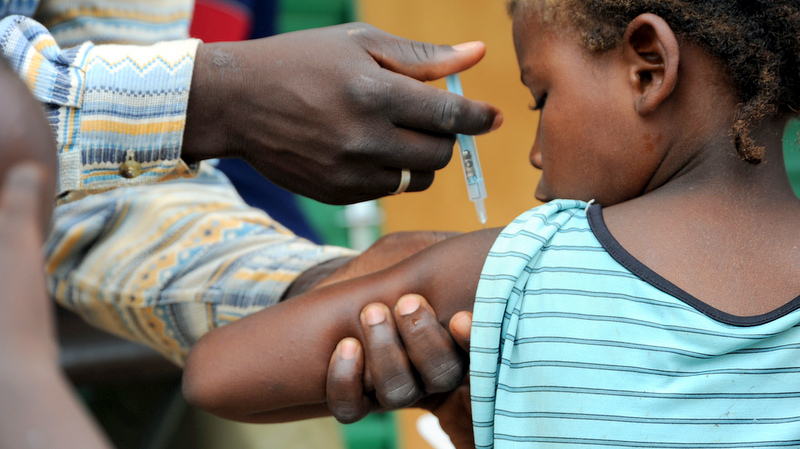The United Nations Children’s Fund (UNICEF) on Monday said it has vaccinated 30 million children in Nigeria in the last five years. UNICEF’s Communication Specialist, Geoffrey Njoku, disclosed this while speaking during a two-day media dialogue in Kano State.
Read More: Unlocking Africa’s Potential for Sustainable Growth
Mr Njoku said 30 million children were vaccinated between 2018 and 2022 as part of the organisation’s country programme. He noted that the vaccinations were done through integrated campaigns against life-threatening diseases. He also said 58 million children were vaccinated against polio within the year under review while 22 million children also received two doses of Vitamin A in 2022.
Vaccination, the process of receiving a vaccine that provides immunity to a disease, is very important as under-five mortality rate is increasing in Nigeria. Nigeria’s vaccination programme recognises the following for the routine immunisation of Children in Nigeria: BCG (Bacili Calmette Guerin), a vaccine against tuberculosis; OPV (Oral Polio Vaccine), a vaccine against poliomyelitis; DPT combination vaccine against diphtheria, pertussis, tetanus; Hepatitis vaccine for hepatitis A and B; Measles vaccine; Yellow fever vaccine and supplemental vitamin A.
According to the Federal Ministry of Health, a child is only considered fully vaccinated when they have received the aforementioned on their appropriate schedule.
Despite these existing immunisation programmes, the number of children that are not immunised in Nigeria continues to remain high in the country for a variety of demographic factors. According to the 2021 Multiple Indicator Cluster Survey (MICS) and National Immunisation Coverage Survey (NICS), 46 per cent of children were partially vaccinated between 2016 and 2021.
Read More: Bola Ahmed Tinubu sworn in as President of Nigeria
Speaking at the dialogue, the representative of the Child Rights Information Bureau (CRIB), Federal Ministry of Information, Temitoye Falayi, said the country programme document focuses on key areas where the Nigerian government requires UNICEF’s support, knowledge, and financial assistance.
Mr Falayi said these areas include health, nutrition, basic education, and social policy advocacy. He urges journalists to improve their efforts in shedding light on the implementation of various policies put in place to better the lives of children.
